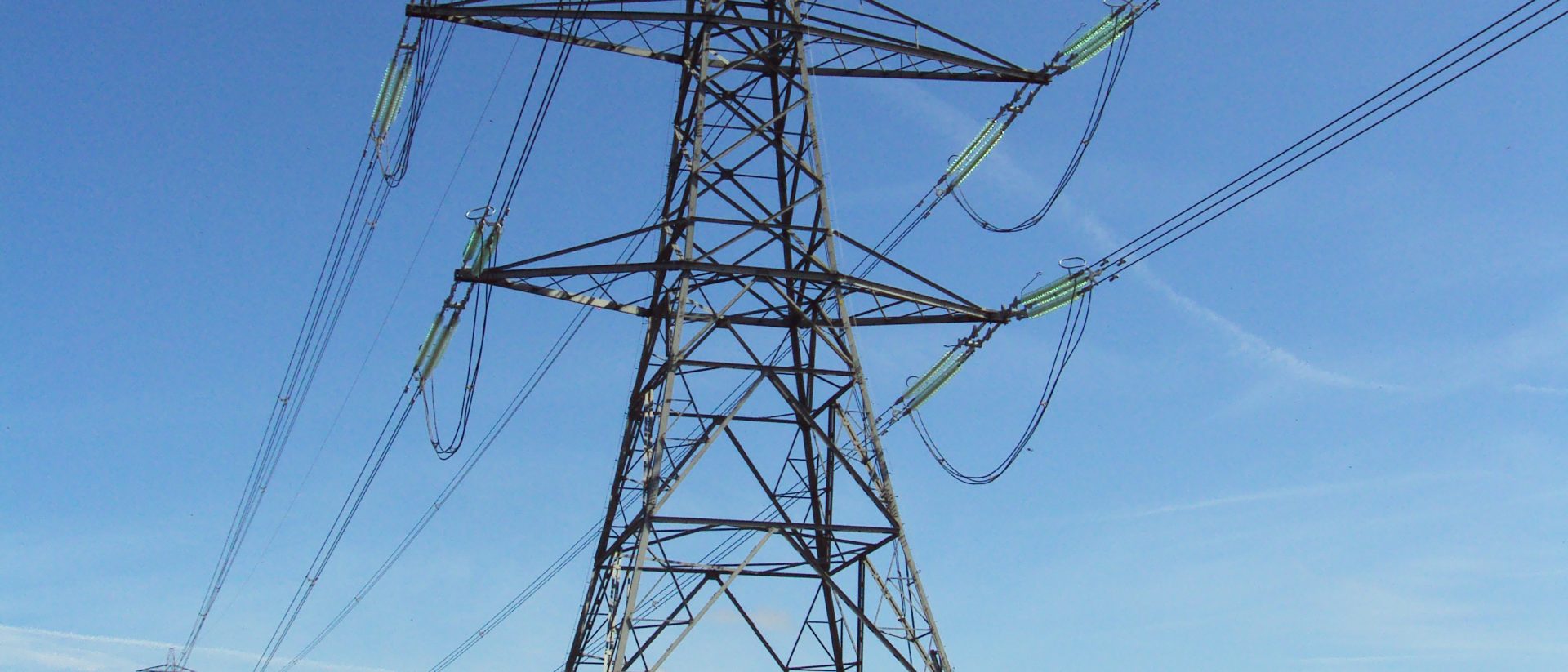- The REA welcomes the BEIS Select Committee’s new report ‘Decarbonisation of the power sector’;
- The report warns that the UK is set to miss targets for a decarbonised power grid by 2035;
- However, to meet these targets, the REA calls for further recognition that bioenergy will continue to have a critical role to play.
The REA (Association for Renewable Energy and Clean Technology) warmly welcomes the focus in the BEIS Select Committee’s new report ‘Decarbonisation of the power sector’ on accelerating the delivery of renewable energy technologies.
This includes the committee’s call for government to urgently address some of the biggest barriers to renewable deployment, including the unacceptable delays to planning and grid connections being experienced across the sector. The REA is pleased to have engaged heavily in the report.
However, the REA stresses that the report lacks in engaging with the well-established climate science underpinning the use of sustainable bioenergy to displace fossil fuels. More focus is needed on continuing to do bioenergy right, following strict sustainability governance, and building on the success of the existing sector.
Sustainable bioenergy has been instrumental to our power sector decarbonisation so far and is widely acknowledged to be essential to delivering Net Zero. The REA is keen to see sensible discussion on bioenergy based on the realities on the ground.
Mark Sommerfeld, Head of Power and Flexibility at the REA (the Association for Renewable Energy and Clean Technology), said:
“The REA strongly welcomes the focus in the BEIS Select Committee’s new report ‘Decarbonisation of the power sector’ on accelerating the delivery of renewable energy technologies. As well as streamlining the current pipeline of renewables, the UK must act decisively to ensure that green investment is not diverted away from the UK to other jurisdictions as a result of stronger incentives elsewhere.
“We support the committee’s call for government to urgently address some of the biggest barriers to renewable deployment, including the unacceptable delays to planning and grid connections being experienced across the sector.
“Sustainable bioenergy has been instrumental to our power sector decarbonisation so far and is widely acknowledged to be essential to delivering Net Zero. The REA is keen to see sensible discussion on bioenergy based on the realities on the ground. The report recognises the role of bioenergy with carbon capture and storage (BECCS) but fails to properly engage both with the current strong, multi-layered sustainability governance for biomass which is already in place, and the well-established climate science underpinning the use of sustainable bioenergy to displace fossil fuels.
“If the UK is to meet its ambitious carbon targets, we must recognise that bioenergy will continue to have a critical role to play, utilising both imports and increased domestic feedstock supplies. The focus, therefore, must be on continuing to do bioenergy right, following strict sustainability governance, and building on the success of the existing sector.”
—ENDS—

